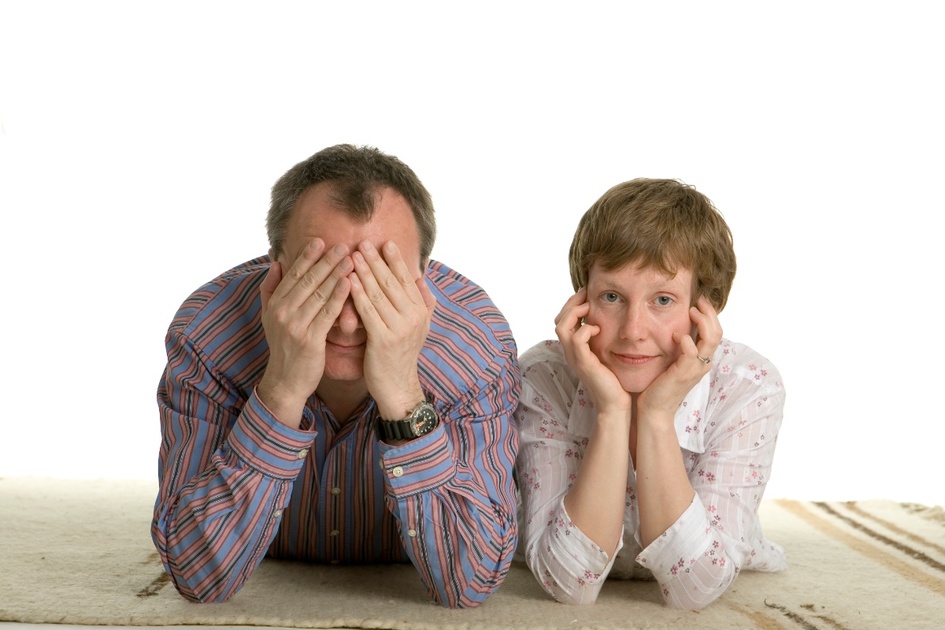
Dear Therapist:
This might seem like a shidduch question, but I'm posing it here, as it dips into the mental health arena. In my experience with singles seeking to remarry, a barrier that presents itself repeatedly is fear. Many have had personal experiences of heartache and betrayal; they have experienced the pain of relationships falling apart. These experiences are a perfect breeding ground for fear to take hold, and possibly fester into a diagnosable anxiety disorder. While the study of emunah has been suggested by gedolim and experts as a way of combating fears (that are not within the realm of a disorder), does your panel have practical suggestions they can share to help minimize the nagging fears of those trying to face their personal areas of vulnerability and fear?
Response:
Sometimes, people who face an emotional barrier to marriage have had a negative experience within a marriage or another similar relationship. Others have a fear associated with relationships in general. Some, even more generally, have trust issues or other insecurities or fears that can manifest as such barriers.
Often, the less obvious the connection between the underlying insecurity, the more difficult it is for the person to get past it. This is due to the fact that unconscious fears are typically able to more strongly affect one’s thoughts and actions than are conscious fears. When our unconscious mind tells us to be afraid without giving us a conscious, logical reason for the fear we have no way of identifying the source of the fear. This leads to avoidance and continually increasing fear. As we avoid the triggers for our fears, they become more obscure, causing us to all the more avoid the triggers.
When there is a clear source for the fear (like a previous marriage that fell apart), it is often easier for the person to deal with the fear. This is why “time heals all wounds.” This saying, however, is not always true. Sometimes, even when there is a clear and obvious cause for the fear, the person can get caught up in an avoidance-fear cycle. The longer this cycle is allowed to continue, the more difficult it usually is to break it.
When the initial source of an avoidance-fear cycle is unclear, the process is a bit more involved. First, this source needs to be identified and acknowledged. Once that is done, focus can be placed on working through the fears.
It is only once the origins of one’s fears are made more conscious that they can begin challenging the unconscious premises of these fears. They can begin asking themselves what it is that they are afraid will occur. Are they afraid that they will have a problematic relationship? If so, will this be as bad as their unconscious mind is making them feel? What specifically will happen in a bad relationship? What problems might this lead to? As these questions (and answers) are more clearly understood, fears can be logically addressed, helping to decrease the unconscious mind’s ability to make us feel illogically afraid.
Yehuda Lieberman, LCSW
psychotherapist in private practice
Brooklyn, NY | Far Rockaway, NY
author of Self-Esteem: A Primer
www.ylcsw.com / 718-258-5317
Disclaimer
The Contents Of This Blog, Including Text, Graphics, Images, And Other Material Are For Informational Purposes Only. Nothing Contained In This Blog Is, Or Should Be Considered Or Used As, A Substitute For Professional Medical Or Mental Health Advice, Diagnosis, Or Treatment. Never Disregard Medical Advice From Your Doctor Or Other Qualified Health Care Provider Or Delay Seeking It Because Of Something You Have Read On The Internet, Including On This Blog. We Urge You To Seek The Advice Of Your Physician Or Other Qualified Health Professional With Any Questions You May Have Regarding A Medical Or Mental Health Condition. In Case Of Emergency, Please Call Your Doctor Or 911 Immediately. The Information Contained On Or Provided Through This Blog Is Provided On An "As Is" Basis, Without Any Warranty, Express Or Implied. Any Access To This Blog Is Voluntary And At Your Own Risk.
 Previous
Previous


